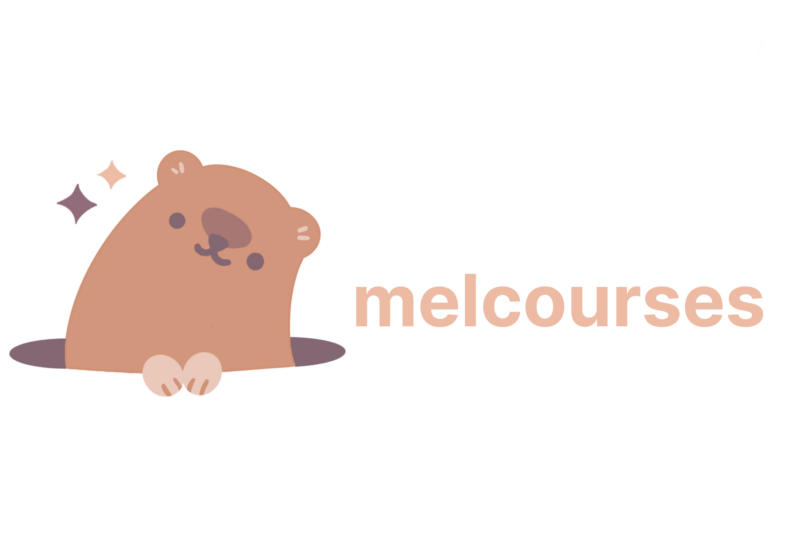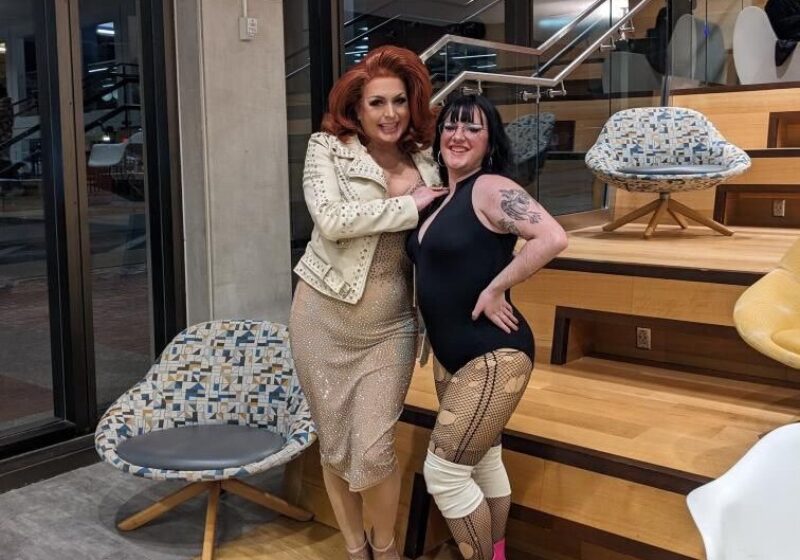This week the Black Students’ Union is busy hosting a Kwanzaa celebration as well as a poetry jam. Business Manager and junior Dayanna Davis discussed the details of these events as well as BSU’s role at the University and the African-American community in general.
How long has UR’s BSU been celebrating Kwanzsa on campus?
We’ve been doing this for a long time –– our goal right now is to figure out how many years we’ve been doing this. I think we’ve been doing this for over 10 years, so this has been going on for a long time.
Can you briefly explain the significance of Kwanza?
Kwanzaa exists to celebrate African-American culture. Kwanza is deeply rooted in African American culture with the eight principles and celebrating tradition and we wanted to bring that into the UR. They have so many holidays –– we wanted to bring another culture into the celebration.
How do you feel about attitudes toward diversity on campus? Have you seen an improvement?
I feel that the school is definitely aiming to improve by bringing in diverse students from outside the community, from different parts of the world and from the states as well. It is growing, and with each incoming class there is a larger number of diverse students. The efforts are being made –– we’re just waiting to see the large impact when we can say, ‘Wow this school is very, very diverse.’
What efforts do you guys make to include people of other diverse backgrounds at BSU events?
We try to do a lot of co-sponsorships. Some of our past co-sponsorships have included going to Washington, D.C. to see President Obama’s inauguration with the Woman’s Caucus and the Martin Luther King Day of Service with Students for Interfaith Action. We do co-sponsorship with other diversity groups such as Spanish And Latino Students Association and the Muslim Students Association. Right now we’re doing a program with Alpha Delta Phi called “Fratboys and Poets” which includes Alpha Delta Phi, LOGOS and BSU, so we’re spread all over the place.
In general, on a national scale, what are some of the most pressing issues facing the African-American community and why?
I would say education. A lot of the inner city schools, especially in Rochester, are not receiving enough attention in terms of the quality of teachers, the number of books available and what they are being taught.
Also people’s attitudes toward minority groups and the manner in which people interact with each other are problems. There is still racism around certain areas. You would think that it has disappeared, but it’s still around. Even in the small community of UR you can encounter hints of racism and segregation. I think in realizing that we are all equal and that we are all one people we can work [toward] fixing these things, but I also think that education is very important because we need to educate [in order] to grow.
Are there any developments for bringing in the MLK keynote speaker?
We are working with OMSA to bring in our MLK Day speaker. Our Social and Cultural Chairs Kirk Douglass and Latoya Heron (sophomores) are pulling out all the tricks from their magic hats. They’re contacting different people and working with our budget and OMSA’s budget. I can’t disclose anyone we’re thinking about yet, so we don’t start any hype, but we are working on it.
Ford is a member of the class of 2013.





